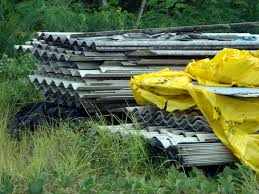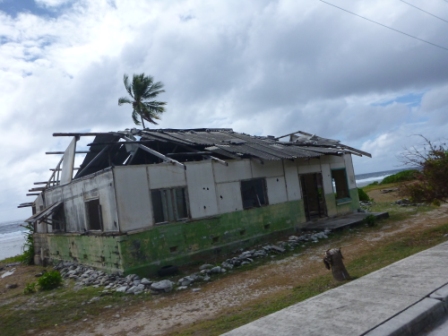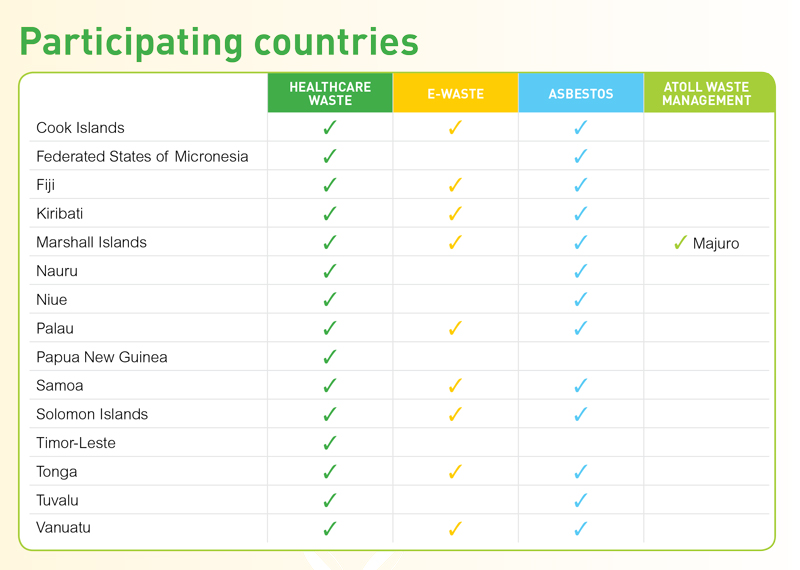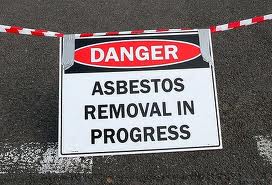
PacWaste in ActionPacWaste in Action: Emergency Asbestos Clean-up in Fiji - tells the story behind the recent removal of dangerous asbestos from the Tamavua -Twomey Hospital in Suva.This short documentary highlights one of the many examples of the positive work being undertaken by the European Union / SPREP partnership.
{youtube}wr1t_w5xu9w{/youtube}
What is asbestos?
Asbestos is a naturally occurring rock fibre that it is harmful to humans. Asbestos is now banned from most modern products, but remains a serious legacy from its past widespread use in building materials, insulation, brake linings, roofing products, electrical and other consumer products. When products containing asbestos are damaged or wear down over time, small asbestos fibres are released and become airborne where they can be readily inhaled. Although these fibres are not immediately toxic, they can remain lodged in the lungs and can eventually cause serious lung disease including asbestosis, lung and other cancers many years after inhalation.
Asbestos in the Pacific
The presence of asbestos containing building materials has been widely reported across the Pacific in countries such as the Cooks Islands, Nauru, Niue, Tonga and the Solomon Islands. Older, weathered buildings and unmanaged waste stockpiles containing asbestos are a potential risk to human health, while natural events such as cyclones compound the problem, as they destroy or damage buildings with asbestos containing materials. This can result in further potential exposures to emergency personnel and the general community during disaster cleanup operations. Demolition workers involved in tearing down asbestos containing structures may also be placed at risk.
Abandoned house with asbestos containing materials, Nauru (March 2013, E.Richards)
How will PacWaste address asbestos?
PacWaste will collect information on asbestos in 13 countries (see table below) as part of the first phase to identify how asbestos waste is currently managed in the region. This will enable prioritisation of future actions to assist Pacific islands in improving asbestos waste management and better protect their communities.
Some of these actions will include:
- stabilisation of asbestos in public buildings, schools, hospitals and houses
- training in asbestos handling and provision of protective equipment to people involved in asbestos waste management and disaster response
- removal of asbestos waste stockpiles in priority locations
After the first phase, PacWaste will focus on enhancing capacity through development and strengthening of policies and regulatory frameworks to improve asbestos management in the prioritized Pacific island countries. These achievements will be shared through regional collaboration during the final phase of the programme.
Download the PacWaste Asbestos Fact Sheet